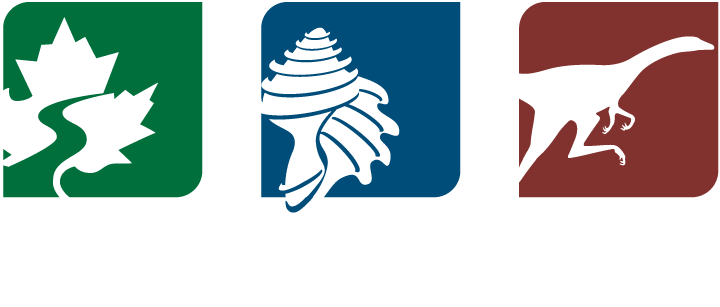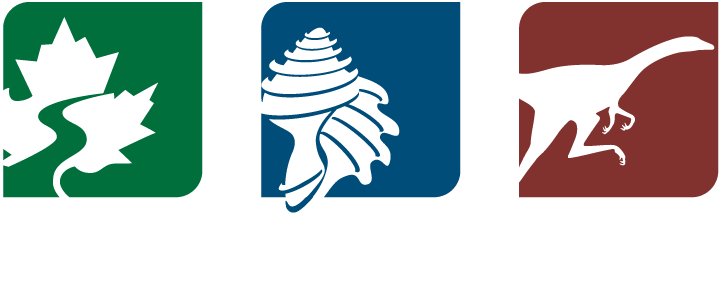YouTube Channel manager and video editor
To apply for this position, contact:
Please send resume, a brief cover letter, and 2 professional references to:
Rob Katz
Community Engagement Coordinator
[email protected]
Description:
The Paleontological Research Institution hosts a YouTube channel containing over 200 videos focusing on topics such as paleontology, evolution, extinction, climate change, energy, and faunas of Upstate New York. While the videos vary in quality, many of the higher quality videos are important parts of PRI’s science education outreach program, but most have received relatively small numbers of views.
PRI also has a backlog of video projects, such as editing and improving video that could be added to the channel, or creating short highlight versions of some of the longer videos.
Intern position:
The PRI YouTube Channel manager will improve organization of and increase engagement with the PRI’s YouTube channel. This will include improving video thumbnails, titles, and descriptions to increase usage and creating community posts to increase engagement. It could also include creating video shorts of existing videos and editing past videorecorded presentations from special events at the Museum of the Earth and Cornell University.
Required Skills:
The most important skills for managing the YouTube channel content will be writing and communication. It will be helpful to have some familiarity with YouTube videos and with natural history (Earth sciences, biology, and related fields) Ideal candidates will have video editing experience, experience posting videos to YouTube, or background in science topics of the channel.
More Info:
Type of Position: unpaid intern or volunteer
Location: remote (working onsite is welcome but not expected)
Time: ongoing; positions can be designed to occur within specific semester or summer
PRI seeks to recruit a diverse group of talented individuals and create an environment in which they can effectively work to advance our mission and to support our vision without discrimination on the basis of an individual’s age, sex, race, creed, color, national origin, degree of disability, gender identity, sexual orientation, or veteran status. We are committed to ensuring all our visitors, program participants, supporters, staff, and volunteers feel valued and respected.
About the Paleontological Research Institution:
The Paleontological Research Institution pursues and integrates education and research, and interprets the history and systems of the Earth and its life, to increase knowledge, educate society, and encourage wise stewardship of the Earth.
The Paleontological Research Institution (PRI) was founded in 1932 by Gilbert D. Harris, a professor of geology at Cornell University. Today, PRI houses a collection of more than 7 million fossil specimens, one of the largest in the nation, and publishes scholarly and popular books and periodicals, including the oldest paleontological periodical in the western hemisphere (Bulletins of American Paleontology, begun in 1895). It has active educational outreach programs in Earth and environmental science that serve thousands of students, teachers, and the general public throughout the United States. PRI scientific staff conduct original research in paleontology, geology, evolutionary and marine biology, and science education.
PRI operates three public educational venues, all located on the west side of Cayuga Lake, north of the city of Ithaca, New York: the Museum of the Earth, an 18,000 square foot facility which opened in 2003; the Cayuga Nature Center, which uses its 120 acre site and historic main lodge to provide exhibits and programs that connect visitors to the living natural world and encourage wise stewardship of the Earth; and Smith Woods, a 32-acre parcel of old-growth forest located just outside the Village of Trumansburg.
PRI is an independent not‑for‑profit 501(c)3 organization chartered by the State of New York in 1936. PRI is formally affiliated with, but separate from, Cornell University.

